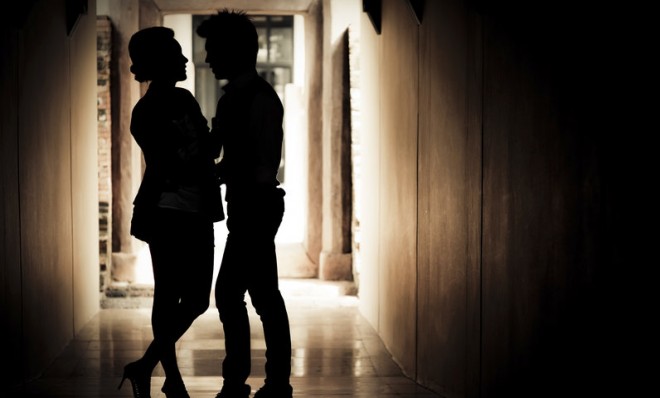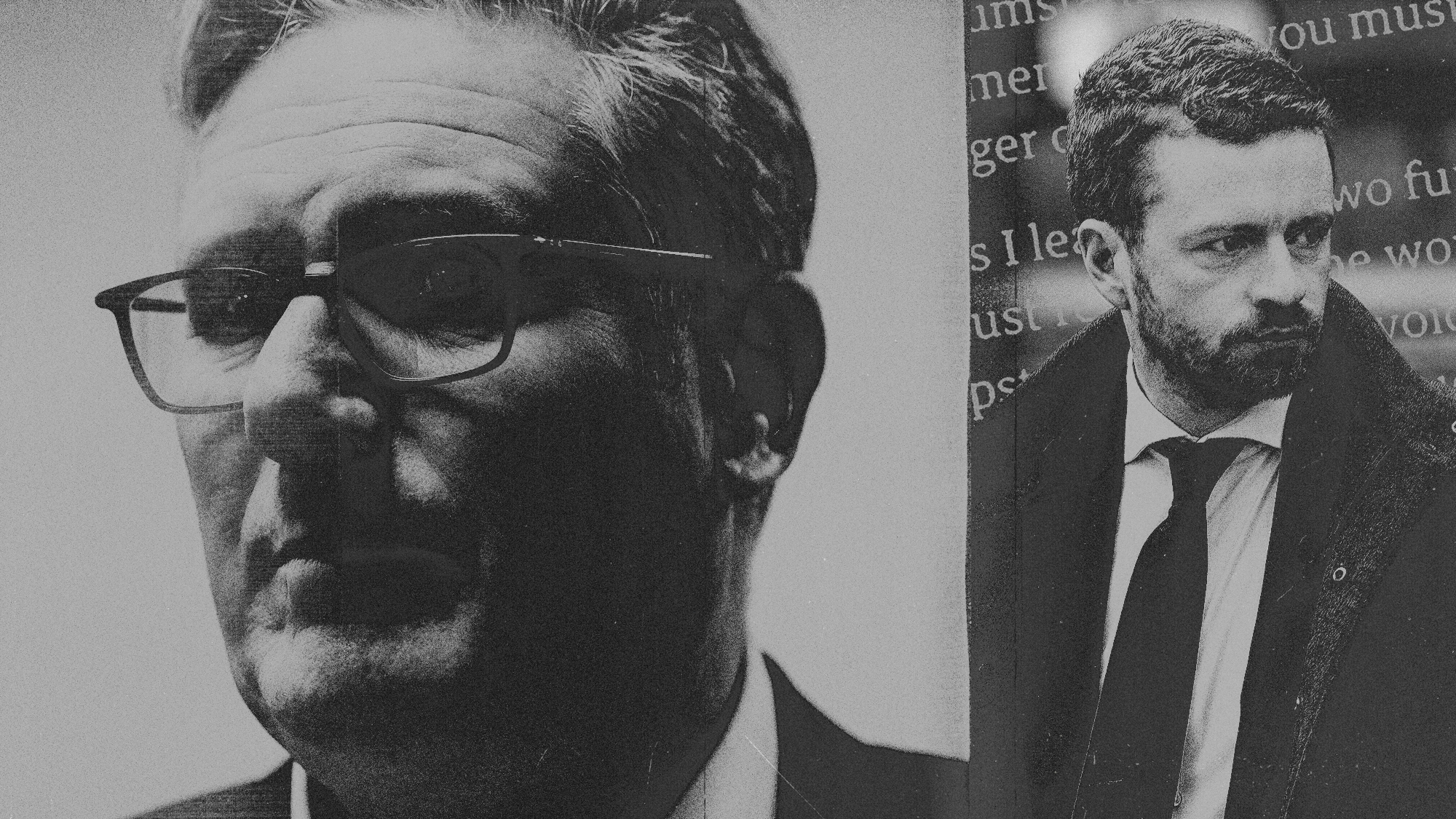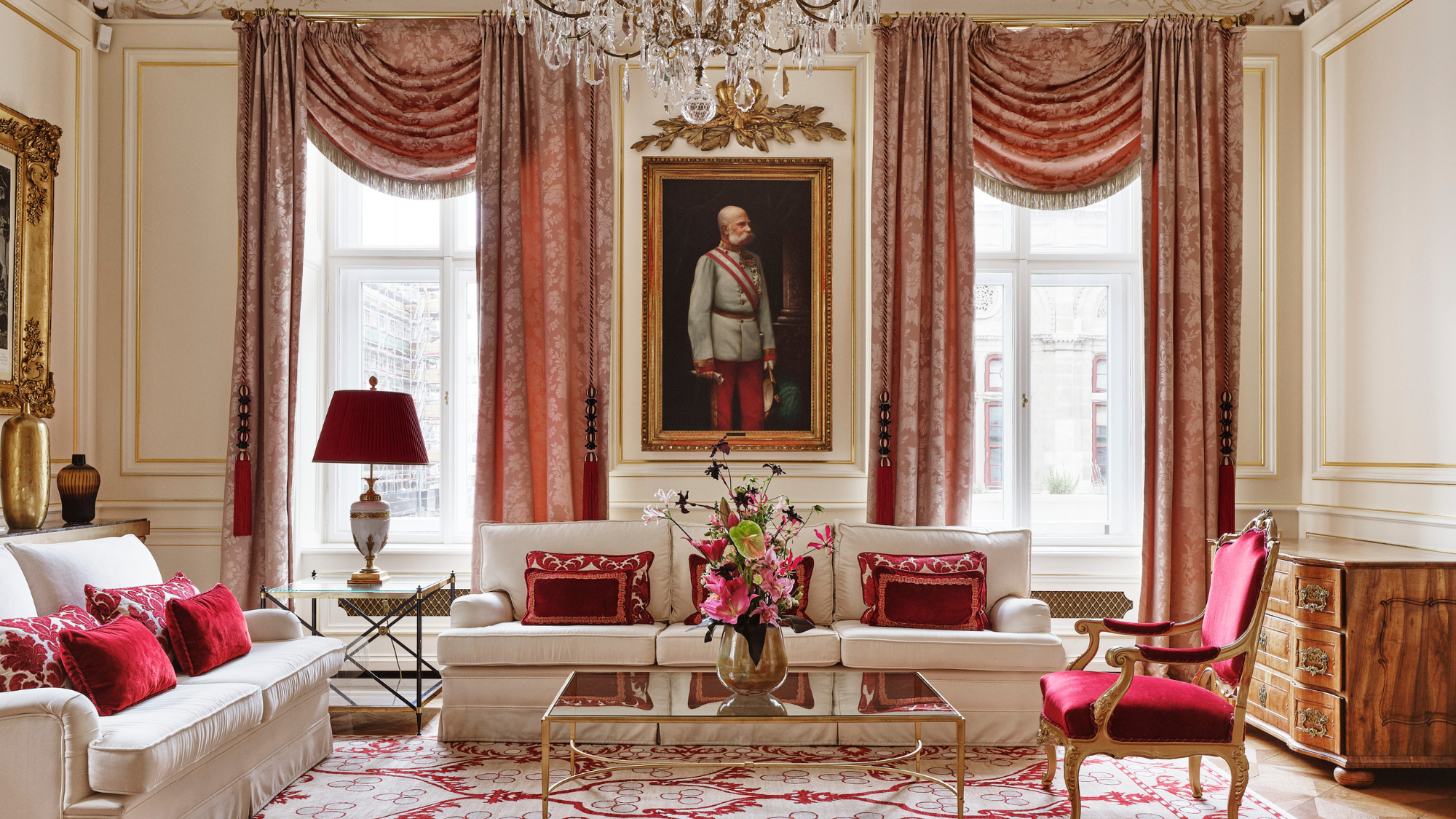6 ways of looking at college hookup culture
According to a new book, casual sex in college is plentiful, mandatory, and unfulfilling, leading to an epidemic of bad sex


A free daily email with the biggest news stories of the day – and the best features from TheWeek.com
You are now subscribed
Your newsletter sign-up was successful
Colleges these days are hotbeds of casual sexual activity, says Donna Freitas in a new book, The End of Sex. And if that sounds sexy, well it's kind of the opposite. As the rest of her title — How Hookup Culture Is Leaving a Generation Unhappy, Sexually Unfulfilled, and Confused About Intimacy — suggests, Freitas doesn't think much of how college students today are apparently trading intimacy for explicitly no-strings-attached sexual encounters.
It's not that Freitas is against college as a place for sexual experimentation, she says in The Washington Post. But after eight years of on-campus research, talking to more than 1,000 students, faculty members, and university administrators, the religion and sexuality scholar has concluded that hookup sex is so prevalent as to feel almost obligatory, and thus "can be just as oppressive as a mandate for abstinence."
When students are expected to hook up with lots of people, doing so becomes dutiful, not daring. Older ideas of sexual exploration — be it same-sex encounters or one-night stands — have become a basic expectation. [Washington Post]
Not everyone agrees with Freitas, of course. Here are six ways of looking at America's collegiate hookup culture:
The Week
Escape your echo chamber. Get the facts behind the news, plus analysis from multiple perspectives.

Sign up for The Week's Free Newsletters
From our morning news briefing to a weekly Good News Newsletter, get the best of The Week delivered directly to your inbox.
From our morning news briefing to a weekly Good News Newsletter, get the best of The Week delivered directly to your inbox.
1. Undergrads should cut down on — or zero out — the sex
"The guiding commandment of hookup culture," says Freitas in The Washington Post, is: "Thou shalt not become attached to your partner." In theory, this should be liberating, allowing "both parties to walk away unscathed" from a sexual encounter. But it ends up being numbing, empty, even boring. "When students are expected to hook up with lots of people, doing so becomes dutiful, not daring," reducing sex to an activity that "has a lot less to do with excitement or attraction than with checking a box on a list of tasks, like homework or laundry." There has to be a better way.
What about abstinence? When young people are expected to be regularly sexually active, true experimentation can lie in refusing sex altogether.... In today's college culture, it seems that taking a break from carefree sex, or even embracing dating, are a lot like having premarital sex in the 1960s.... Today, sexual experimentation might be getting to know someone before having sex, holding out for dates and courtship focused on romance rather than sex. From where I sit, meeting a student confident enough to say she's not hooking up and is proud about that is as experimental as it gets. [Washington Post]
2. The solution to the hookup is promoting better sex
"Freitas' argument is well-researched and well-grounded," says David Masciotra at The Atlantic, "and she is sharp enough to condemn hookup culture on sexual grounds, rather than ethical grounds." Hookups lead to bad sex, and sex shouldn't be tedious. Still, while her indictment is spot-on, her solutions are "rather weak and unpromising." Undergrads won't take dating advice (or rather, advice to date) from their parents, or even professors. No, "pop culture is in the best position to reframe the romantic approach of teenagers and 20-somethings."
A free daily email with the biggest news stories of the day – and the best features from TheWeek.com
Freitas convincingly demonstrates how Sex and The City, despite its flaws, depicted sex as fun, exciting, and pleasurable, while Girls equates sex with misery and boredom. It is difficult to determine how much pop culture influences the lives of young people or how much the lives of young people influence pop culture, but a rescue from the mechanical tedium of the hookup seems most likely to arrive on the television, movie screen, or in song, if it ever arrives at all. [The Atlantic]
3. Hookup culture isn't a problem, but a lack of respect is
Freitas is sticking to her story, but other research suggests that "students on college campuses aren't actually hooking up that much," says Amanda Hess at Slate. Sociologist and hookup-culture researcher Lisa Wade, for example, has found that while most university students "hook up" at some point during college, about a third of college hookups end with kissing, and 80 percent of students who did hook up did so nine times or fewer, total. If "less than 15 percent of college students are engaging in some form of physical contact more than twice a year," it seems "unlikely that the solution is for students to have even less casual sex."
Freitas isn't the only one who falsely believes that casual sex is "obligatory" in college. Students themselves routinely overestimate the number of hookups their peers are having.... The environment described by these studies is not a "hookup culture." It's a culture of negativity around sex and relationships generally. Instead of taking the "radical" step of keeping it in their pants, college students should tackle the problem at the source: Make out, but respect the person you kiss. Ask them out, but respect when they don't want to date you anymore. Or just don't have sex, but respect the people who do. [Slate]
4. Hookups are another form of addiction
Hookup culture is real, but "recent findings suggest that it may exist on a continuum from normal exploration to harmful and even addictive sexual behavior," says psychologist Linda Hatch at Psych Central. And the negative end of the spectrum is worth worrying about. Especially in women, casual sex is linked with regret, depression, and low self-esteem, and "by far the majority of unwanted or non-consensual sex occurred in the context of a hookup."
Add to that the fact that having hookups correlates with alcohol use, with having multiple concurrent partners, with a drug abuse–related gene, and with non-consensual sexual experiences and you begin to see a pattern that suggests that hookups are being used, at least by some people, as a drug.... Although sexual freedom to explore and experiment is generally accepted as healthy for young people, the hookup scenario seems to have developed a life of its own, exhibiting many of the dangers we have come to associate with intimacy disorder and addiction. [Psych Central]
5. Hookups are empowering
Hanna Rosin and other "researchers who actually bothered to spend time with students on college campuses have discovered that the traditional narratives about the 'hookup culture' have it all wrong," says Amanda Marcotte at Slate. Instead of casual sex being "something imposed by wily young men on young women too dumb to hold out for a ring," it's more often "a strategy young women use to delay commitments that they perceive as obstacles to their personal and career goal."
It's not just Freitas that makes that mistake — college men do, too, says Gigi Dejoy at University of Richmond's The Collegian. And it's infuriating.
The concern of "using" a woman who freely and rationally chooses to hook up with you is inextricably tied to the assumption that men want (and get) something from hook-ups that women do not. It segregates male and female sexualities into active "needs" versus passive... what? Getting picked up? Being won over? Even our language about hooking up trivializes women's sexuality, engaging with this vaguely formed concept that women are never really hooking up just because they want to; it says that men are fulfilling this presumed evolutionary instinct, while women always have an ulterior motive. Needless to say, this whole thing does not lead to the most rewarding hook-ups for either party. [The Collegian]
6. Let college students make mistakes
Hookup culture is nothing new, nor something particularly American, says Emma Teitel at Canada's Maclean's. The anthropologist Margaret Mead went to the tiny island of Tau, in eastern Samoa, in 1925 to study the teenage girls there, and she found — mostly favorably — that the free-loving Samoans "laugh at stories of romantic love, scoff at fidelity to a long-absent wife or mistress, believe explicitly that one love will quickly cure another." That's not to say that Freitas is wrong: "It's clear from her research that young adults are suffering when they needn't be" from the "harmful and vacuous" hookup culture. But so what?
Casual sex may grate on the soul, but university is not group therapy. Its sole purpose, I think, beyond higher learning, should be to solidify the world's indifference to you. If you do that keg stand, you will vomit. If you drink that coagulated milk, you will vomit. If you have empty, meaningless sex throughout college, you'll become an emotional cripple, contract gonorrhea and, most likely, vomit. These are lessons learned through experience, not indoctrination. (If you don't believe me, try convincing any college-aged person not to do any of the things above.) When you're 19, freedom of choice is usually a bad idea, but unfortunately, it's still preferable to the alternative. [Maclean's]
Peter has worked as a news and culture writer and editor at The Week since the site's launch in 2008. He covers politics, world affairs, religion and cultural currents. His journalism career began as a copy editor at a financial newswire and has included editorial positions at The New York Times Magazine, Facts on File, and Oregon State University.
-
 Who is Starmer without McSweeney?
Who is Starmer without McSweeney?Today’s Big Question Now he has lost his ‘punch bag’ for Labour’s recent failings, the prime minister is in ‘full-blown survival mode’
-
 Hotel Sacher Wien: Vienna’s grandest hotel is fit for royalty
Hotel Sacher Wien: Vienna’s grandest hotel is fit for royaltyThe Week Recommends The five-star birthplace of the famous Sachertorte chocolate cake is celebrating its 150th anniversary
-
 Where to begin with Portuguese wines
Where to begin with Portuguese winesThe Week Recommends Indulge in some delicious blends to celebrate the end of Dry January
